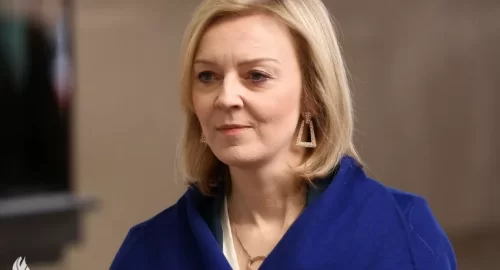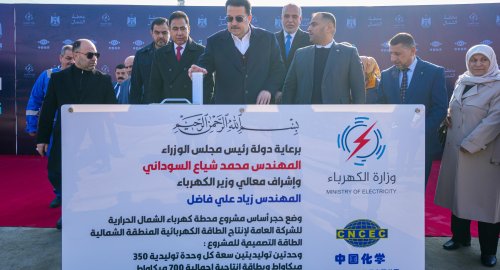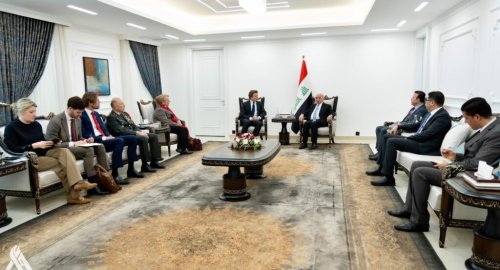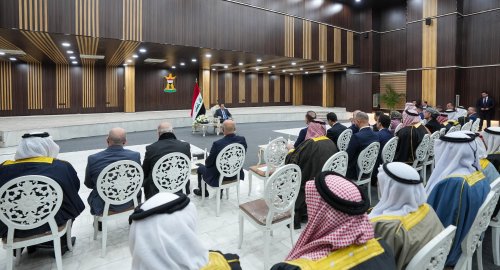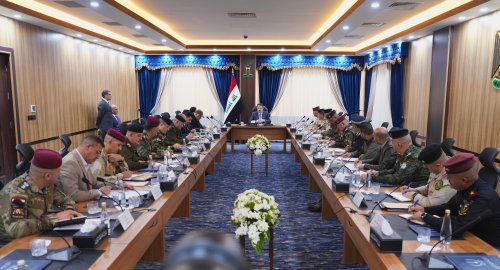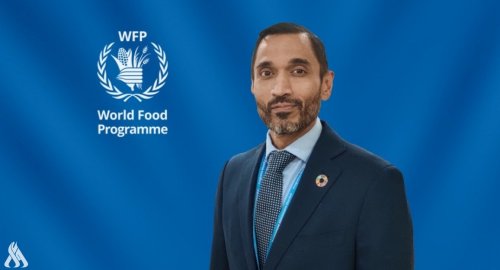
INA interviews World Food Program on Russian-Ukrainian crisis and Iraqi food consumption

- 5-05-2022, 13:36
BAGHDAD-INA
United Nations World Food Program in Iraq revealed Thursday the repercussions of the Ukrainian-Russian crisis on Iraq, stressing that Iraq took several measures to mitigate the repercussions of the crisis, and succeeded in achieving stability in local market prices, indicating that the Iraqi government formed a committee to develop a food security strategy, while indicating that it had prepared a program to develop rural areas to preserve agriculture, prevent reverse migration and provide water sources.
The representative of the World Food Program in Iraq, Ali Redha Qureshi, said, in an interview with the Iraqi News Agency (INA): "Iraq has gone through a number of challenges in the past decades, as data from the vulnerability analysis that the World Food Program collects shows that on March 31, the number of people suffering from insufficient levels of food consumption is approximately 2 million in Iraq.
He added, "The Ukrainian crisis has brought many challenges globally, especially to food-importing countries, as Russia and Ukraine play a pivotal role in the global food supply chain, as both countries are exporters of a few basic grain crops such as wheat, corn and barley, in addition to being sources of dominant over vegetable sunflower oil.
He pointed out that "the interruption in the food supplies coming from these two countries contributed to the increase in the prices of the global food market, and Iraq was directly affected, as it is a complete food importer."
He continued, by saying: "The Iraqi government has formed a food security committee that is currently working on the national food security strategy for Iraq, and the World Food Program supports the Committee, especially in the field of exposing evidence and contributing to thoughtful decision-making."
He stated, "The World Food Program is working on a program to develop rural areas in order to preserve agriculture and revive water resources for agriculture carried out by small farmers, and to build citizens' resilience by providing training and skills development, in addition to working to provide support locally and nationally (through our offices extending from Dohuk to Basra) to provide assistance to all relevant authorities and decision makers and give them the necessary skills and tools to provide the best support for fragile communities.
US Central Command: We killed ISIS terrorist leader Abu Yusuf in Syria
- International
- 24/12/20
Liverpool compete with Real Madrid to sign Olympique Lyonnais star
- Security
- 24/12/19
ISC, ADX discuss Strengthening Economic Ties
- Economy
- 24/12/16
Iraq assumes presidency of Arab Investment Company’s Executive Board
- Economy
- 24/12/17


